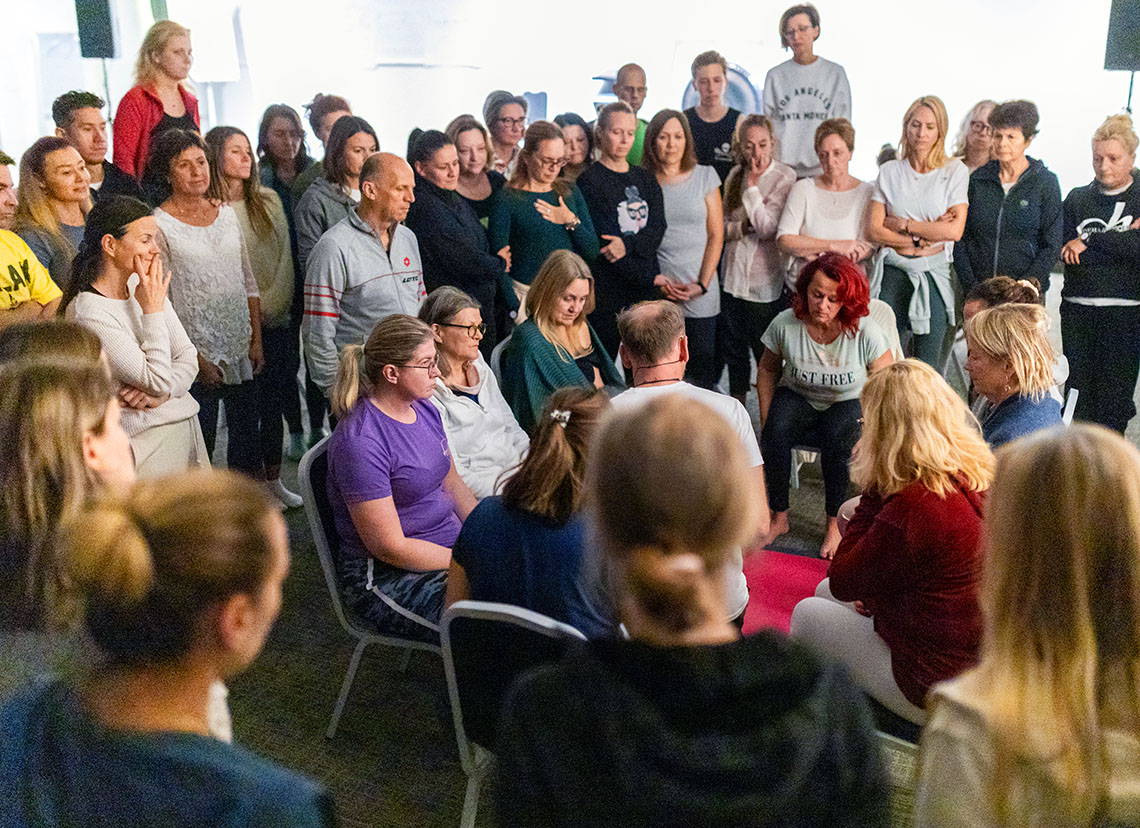Do you ever sit down to work and find that hours have passed and all you’ve done is scroll social media, shop online or do anything other than the task in hand?
Or are you someone for who tomorrow never comes? That, regardless of how busy you are, you fail to fill your time with the things that simply must get done?
If so, you could be falling victim to the art of procrastination!
Now a certain amount of procrastination is normal. If you’re tired or have a busy life, looking for anything else to do other than the task at hand isn’t unusual. But if this is a recurring theme for you and you’re putting off the things that matter, here are some tips to help you understand your procrastination.
What causes procrastination?
According to Psychology Today, procrastination isn’t the action of someone who is lazy or can’t focus. The roots of the habit can actually be a side effect of anxiety, stress, a fear of failing or lack of self-belief.
Does this align? Are you putting off studying because there’s always something more pressing to do? Do you want to take the leap into business ownership but find yourself distracted when you sit at the computer to research? Because if so, your procrastination is a symptom of something deeper going on.
But just like any other habit, the good news is that with a little bit of understanding, procrastination can be overcome. Follow our simple tips on how to understand your procrastination before it harms productivity personally, professionally and even emotionally.
- Find an accountability buddy
Checking in with a buddy or mentor can be a great way to stay accountable and tick things off the ever-growing list. When you’re faced with a significant project, looking at the whole mountain can be overwhelming so start small and find someone who can help you gain clarity over what’s ahead and tackle one area.
- Understand your ‘why’
Rather than looking at your to-do lists as meaningless tasks, make the connection to a bigger impact. Do you just go to work to make money to pay bills, or are you striving for something bigger?
If you can’t connect to a bigger meaning, perhaps now is the time to ask if you should be doing these tasks at all. Spend some time in flow and ask if your heart knows the answer to that.
- Be aware of perfectionism
Often, the fear associated with not completing a task perfectly can stop you from starting it at all. Try to view the task as the first version rather than the final edit. Mistakes can be repaired and can be a great source of valuable lessons to be learnt so try to look at them as your friend and teacher rather than your arch enemy.
- Assess your skills
If you find you spend more time avoiding tasks than completing them, is it because they don’t align with your skillset?
Identify the tasks you find difficult or don’t enjoy and let this be a messenger for whether you’re in the right position or job for you. A specific area of procrastination might mean that role just isn’t right for you.
- Use technology
If your procrastination is simply because you have a short attention span, consider using time-block apps, colour-coded lists and a priority schedule to help you achieve.
While this is a suggestion for the short term, in the long term, look to your heart for the source of your procrastination and be open to seeing where your personal messages take you.
- Ask your heart for the answers
While tools, tips and techniques can help manage procrastination, asking your heart to tell you why you find it so hard to put the metaphorical pen to paper will help you identify the source of the habit and work on the specific solution.
Try a simple meditation and keep a notebook and pen by your side. Ask your heart the answers to questions such as ‘why are you here?’, ‘what is your purpose?’, ‘when did you come into being?’. Write down everything that comes to mind with your dominant hand and only stop when there’s nothing left to write.
To focus specifically on procrastination, ask the same questions such as ‘what do you need from me?’. ‘who do you belong to?’, and write down everything that comes to mind with the non-dominant hand.
Don’t stop, don’t analyse and only read once you’ve finished writing to reveal what the heart is saying about your procrastination.




